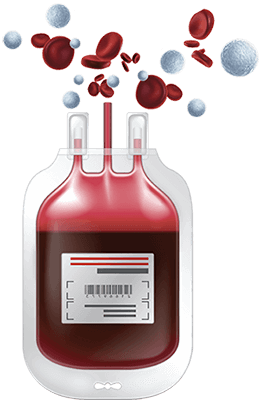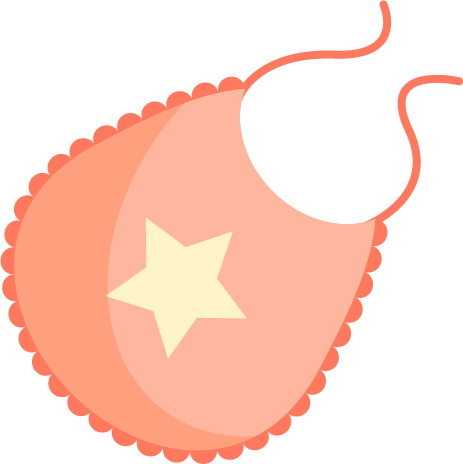Canada's Largest & Oldest Cord Blood Bank
Do you have a crawler or a scooter in your house? Is your busy bee moving around exploring? Sit, relax and enjoy the antics.
Milestones This Month

Most babies can
- Sit unsupported
- Pass objects from hand to hand
- Join vowel sounds (e.g. “mama” “dada”)

Half of the babies can
- Stand while assisted
- Crawl well
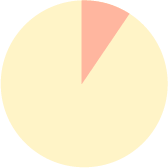
A few babies can
- Pull to a standing position and cruise
- Have mastered pincer grasp
- Gesture at objects
Baby Development at 8 Months
Babies come in all shapes and sizes. If your baby is steadily growing, don’t worry too much about where on the curve he or she is. According to the growth charts from the World Health Organization, an average 8-month-old baby girl should way around 17.5 pounds (7.94 kilograms) and a 8-month-old boy around 19 pounds (8.61 kilograms).
Your little one is now able to string vowels together, so you will hear “mama” “dada” or “baba” as part of the vocabulary often. However, at this stage the words aren’t directed at anyone or associated with a specific person. Be patient you will hear your baby’s first words soon.
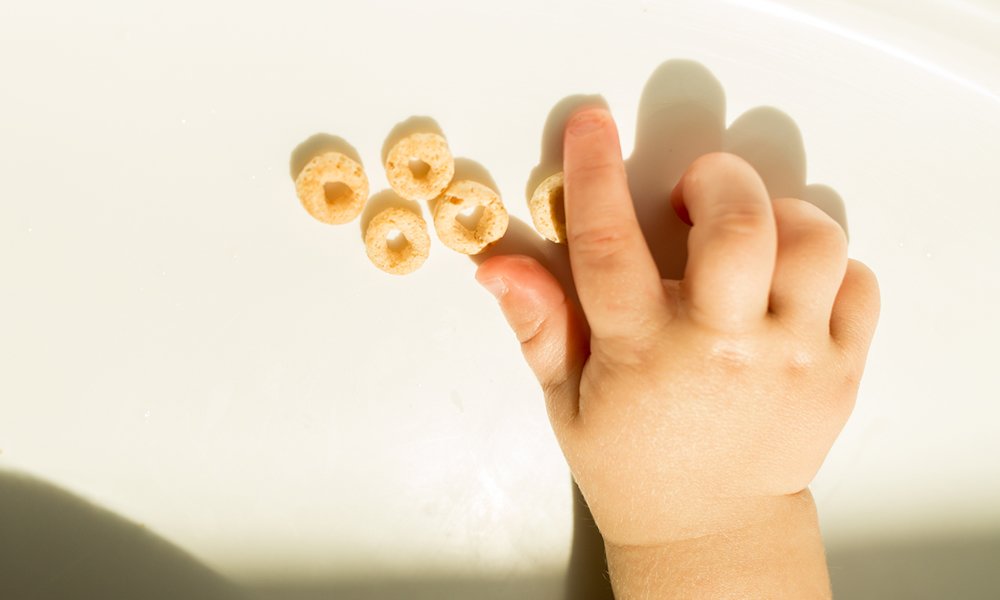
Try to get your baby to play with small objects (supervised of course) so he or she can practice the pincer grasp. Pincer grasp is used when you use your index finger and the thumb to grab objects. Put some cheerios on your baby’s tray and see how he or she does with pick them up.
Have you noticed that your baby is more interested in the tag of a toy rather than the toy itself? Your baby is fascinated by textures and shapes right now. Try giving him or her a variety of materials to explore.
This is also the age at which most babies start to test their boundaries. Your baby may decide to throw foods or repeat actions that you clearly disapprove of. Try to remember this is a phase and your baby is simply being curious rather than disobeying you.

Pregancy Tip
You should encourage self-feeding at this stage. Place a large plastic sheet or an old table cover under the highchair to catch all the food that doesn’t make it into your baby’s mouth.
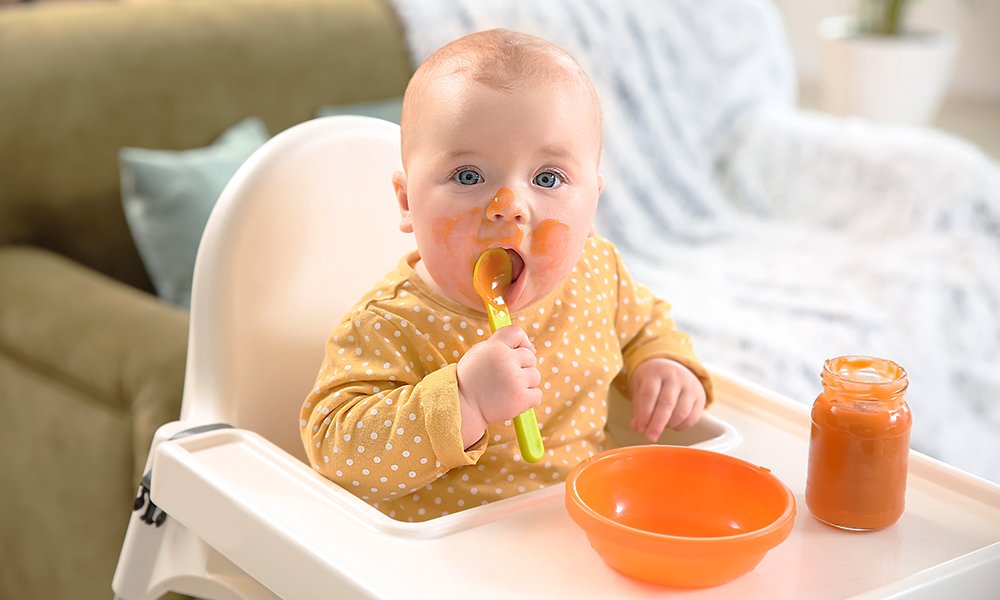
Supporting Your Baby
Feeding
Your baby is probably consuming quite a bit of solid food at this stage. If not, don’t worry too much. A majority of his or her calories should still come from breast milk or formula. Babies at this age should be getting about 700 to 900 calories in total. If you are worried, give your baby a bottle or breastfeed first at mealtimes and then offer solid food.
Keep adding new foods to your baby’s meals and try to encourage self-feeding. Your baby may want to attempt to spoon-feed but it will likely be easier to give finger food. Foods that dissolve easily in the mouth like rice crackers and waffles, soft fruit such as banana, avocado and melon as well as boiled vegetables like carrots, broccoli and sweet potato make great finger food. Make sure you include some protein in your baby’s diet as well. If you opt for finger foods make sure your baby is supervised at all times.
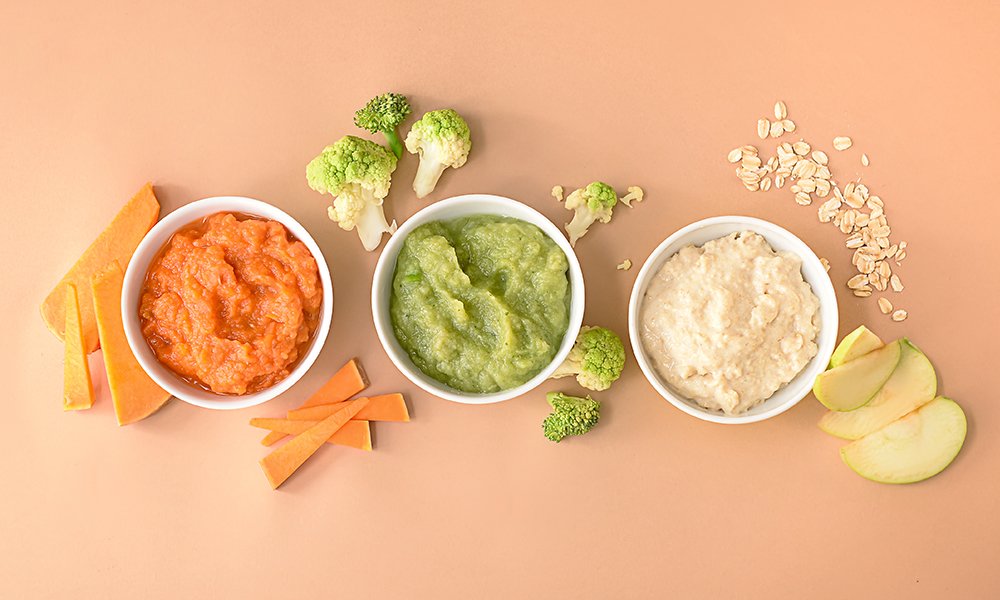
Fear of strangers
If your outgoing baby is turning into a shy little girl or boy, it is quite normal. Fear of strangers is a normal part of a baby’s development and usually becomes more obvious around 7 to 10 months of age. Most children usually outgrow it by 18 months. This means your baby has developed a healthy attachment with people who are familiar to him or her, and do not feel comfortable when there are strangers.
Keep introducing your baby to new people. But do this slow and in a familiar setting like your house at first. Hold your baby in your lap when meeting strangers and let him or her approach the new adult. Be patient with your baby while he or she overcomes this developmental hurdle.
Stem Cells News
Recent study highlights a new way to deliver stem cells and a potential treatment option for lung disease in newborns.
Preclinical studies show that Non-invasive, intranasal administration of umbilical cord stem cells can effectively restore damage from chronic lung disease. This study examines the effectiveness of using a non-invasive delivery method for stem cells, nasal administration, using an experimental model for bronchopulmonary dysplasia.


